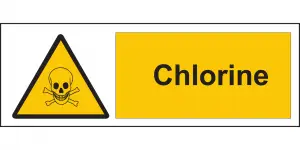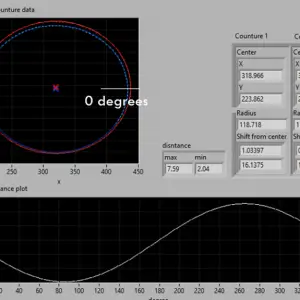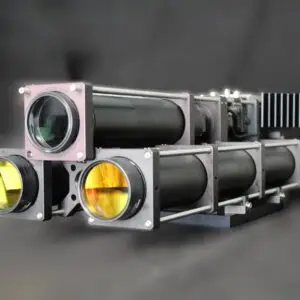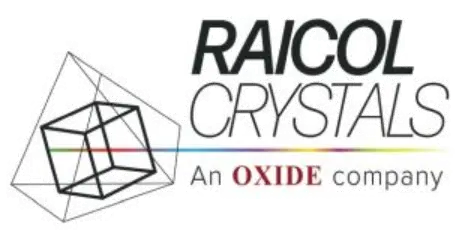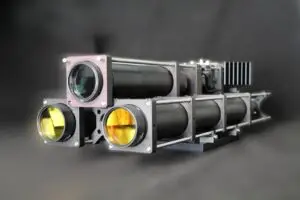Research studies carried out by bio and chemical scientists show that both ultraviolet light and chlorine act against lethal pathogens. This article compares the pros and cons of these two water disinfection methods concerning various factors.
Ultraviolet Light vs. Chlorine Disinfection
- Installation of the disinfection unit: storage or using UV light disinfectionn device does not need any professional assistance. But for chlorination, a professional installer is essential to deal with the operation to balance the amount of chlorine.
- Investment or capital cost: UV disinfection units involve a one-time capital cost. However, the chlorination approach requires periodic procurement of the chlorine depending on the frequency and quantity used.
- Additive materials: During chlorination, chlorine acts as an additive material and adds to surfaces, whereas UV light functions merely as exposure and does not sustain in the air, .
- Operations and maintenance: UV light disinfection costs you nothing more than an annual replacement of the UV light bulb. With chlorine disinfection, consistent attention, monitoring, and supervision occur, thus increasing the maintenance cost.
- Expertise and skills: Operating a UV disinfection system does not need any skilled personnel or experts. On the other side, the chlorination process requires a chemical-expert to monitor the disinfection procedure.
- Hazardous gas: With UV light, no harmful gases liberate. But with chlorination, due to undesired chemical reactions, dangerous gases or fumes release.
- Resistance in microbes: When microorganisms are exposed to UV light, either it gets inactivated or killed. Rarely, a few microbes would need increased dose or exposure length to get destroyed. However, it does not allow microbes to develop any resistance towards UV light, whereas when microorganisms are exposed to chlorine, cryptosporidium-related species tend to develop resistance.
- Storage: UV light disinfection unit does not create the need for storage other than a small area. A storage tank or room becomes essential to stock the chlorine.
Long-Term Implications of Chlorination
The Environmental Protection Agency (EPA) has reported that long-term consumption of chlorinated water may result in chronic health consequences like cancer (bladder, colon, and rectal).
Customize UV light sanitizer to your water disinfection needs! Ask us how!
Tzachi Sabati
CEO, IZAK Scientific
Physicist specializing in photonics and quantum technologies, with deep expertise in quantum sensors and advanced optical systems. Leads the Advanced Quantum Lab course at the Technion, bridging academic excellence with industry innovation. At IZAK Scientific, provides cutting-edge photonics-based solutions, developing customized inspection and sensing systems for R&D and production. Passionate about advancing quantum sensing applications and integrating novel technologies to meet industry needs.

